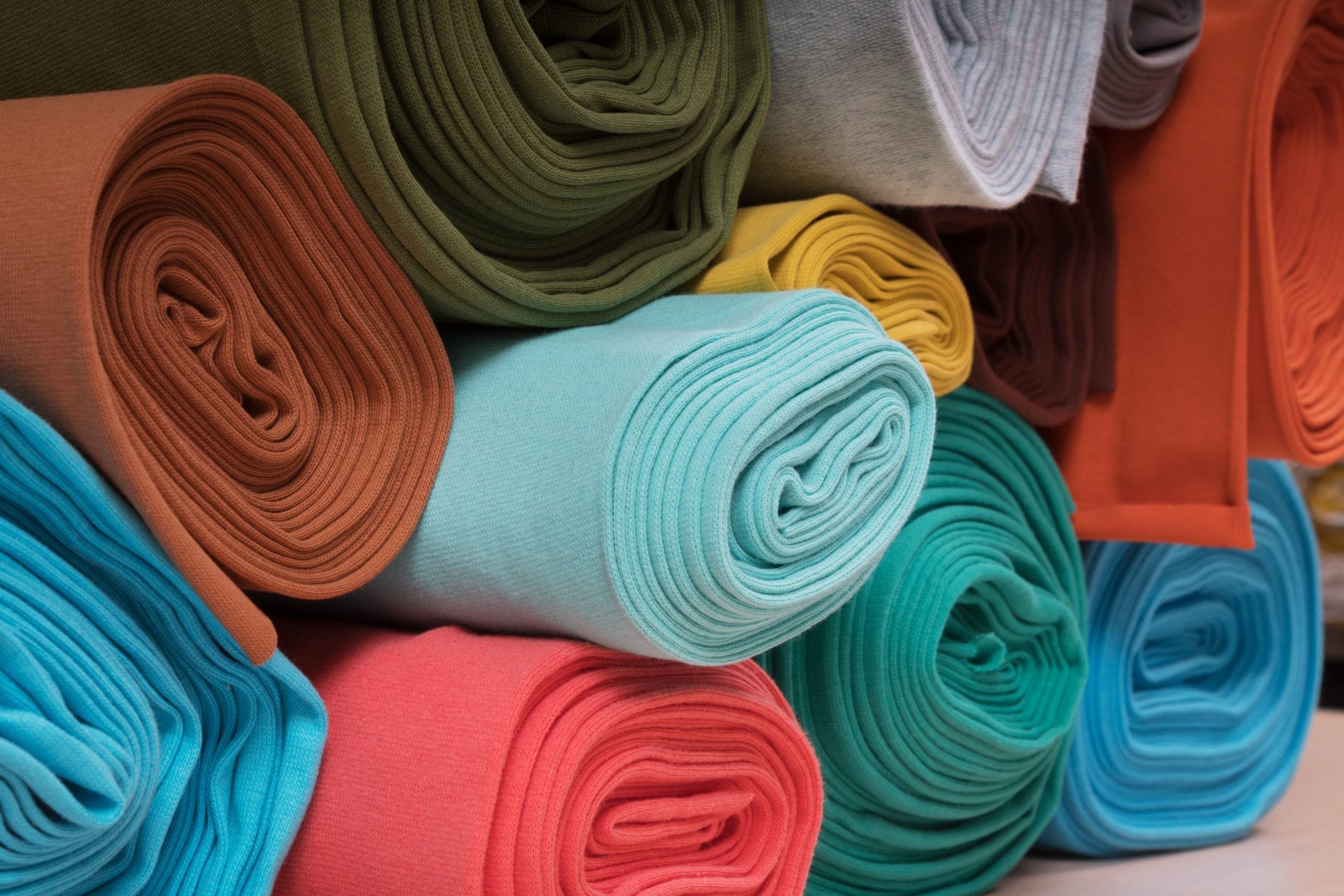A new research on Southern European seas reveals, pollution from cellulose fibers such as cotton and linen accounted for 80 per cent of all deep-sea microfibers. Polyester microfibers accounted for just 13 per cent of the 202 microfibers identified in 29 surface sediment samples analysed, while acrylic made up 4.5 per cent. The researchers presented new data on the distribution of microfibers after a widespread survey of seabed sediments in southern European seas including the northeast Atlantic Ocean (Cantabrian Sea), the Mediterranean Sea (Alboran Sea, Catalan Sea, Cretan Sea and Levantine Sea) and the Black Sea at depths from 42 m at the continental shelf to 3,500 m in the abyssal plain.
In contrast, synthetic fibers dominate the global fiber market, with 65 per cent of the share, while natural and man-made cellulosic fibers altogether comprise only a 35 per cent. Shedding of fibers is a relatively new concept in textile development and, no studies have yet investigated microfiber shedding from cellulose vs. plastic textiles. Assuming a roughly equivalent release of fibers of each polymer to the aquatic environment, data suggest that polymer density is the key component controlling the spreading of microfibers to the deep.












